Here Are Some Of The Travel Scams You Can Avoid Universally
By: Priyanka Maheshwari Wed, 30 Sept 2020 6:31:51
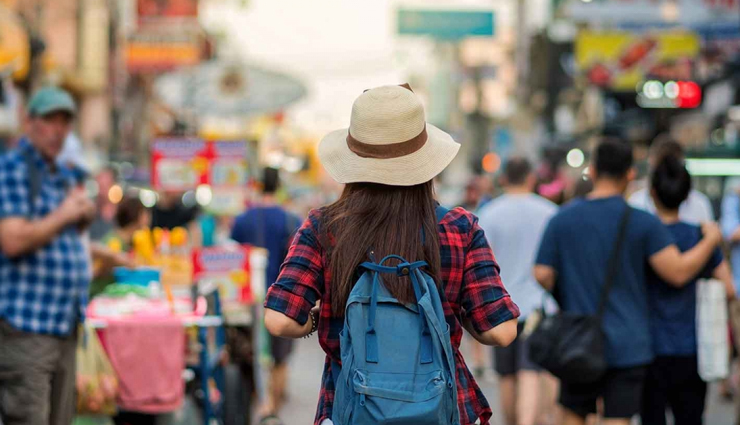
Travel scams are real.
When I started traveling, I fell for them too.
On my first big non-tour trip, I got scammed twice on the same day.
My friend Scott and I had just arrived in Thailand. We were in Bangkok trying to find a boat cruise to take us up and down the Chao Phraya River. A taxi driver suggested this one company; we went there, and found out that an hour-long tour was only $30 USD. Not even thinking about whether that was a deal or not, we agreed. To us — still thinking about prices back home — that offer seemed like a fair price. It was only as the boat tour ended early that we realized we might have been ripped off (later on, we found out that we paid double the price).
Then, after lunch, we wandered over to the Grand Palace. When we got there, we didn’t see any crowds. We looked down the left side of the palace, then over to the right. “Where is everyone?” I asked. An enterprising tuk-tuk driver came over to us and told us the palace was closed for lunch. Scott and I looked at each other. Maybe that was right. After all, many museums sometimes do that, plus we didn’t see anyone around. It seemed feasible. He offered to take us to a few that were open.
“Sure,” we replied — and found ourselves visiting not only a few temples but also a suit shop, a gem shop, and a souvenir shop.
Afterwards, as he took us to the palace (which was unsurprisingly open). It was then we realized that it had never been closed — we had just been on the wrong side of the building.
We had been scammed.So, today, I want to give you a list of travel scams to avoid.
Avoiding travel scams requires a lot of common sense and a healthy dose of suspicion. If it seems too good to be true, it probably is!
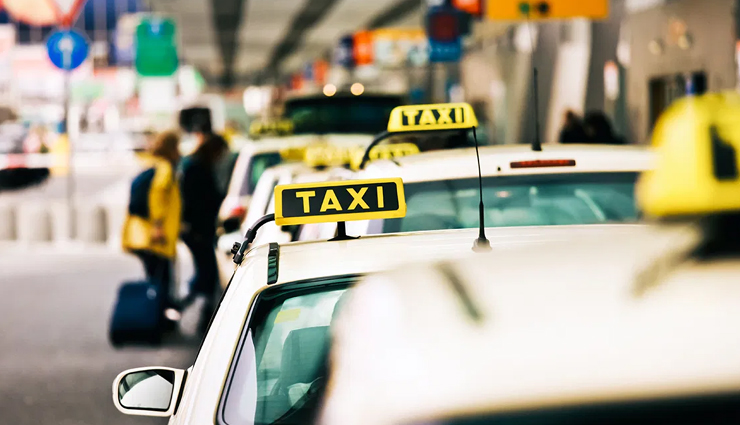
* The taxi overcharge
This is one of the most common travel scams out there. Either the driver will tell you the meter is broken and try to charge you a huge rate or you’ll see the meter go higher and faster than Superman!
To avoid this scam, first, you need to know how much a ride should cost. I always ask the hostel or hotel staff what a ride should be so I have a frame of reference. Next, if the cabbie tries to negotiate the rate with me, I offer him the correct rate. If he refuses, I find someone who will put the meter on. If the meter seems to be going up too quickly, I have them pull over and I get out. Many tourism boards let you report bad cab drivers, so be sure to always make a mental note of their ID number when you get in the cab.
And never get in an unlicensed cab — no matter how amazing the deal is!
* Your accommodation is “closed”
Another cab driver scam: your driver will try to tell you your hotel or hostel is overbooked or even closed. It’s not. I mean, you wouldn’t have booked it if it was, right? Just ignore them and insist on going there. If they keep trying, continue to insist. They will usually shut up about it.
And while this seems like a scam no one could possibly fall for, people do. I’ve been in many cabs where they insist my hostel has been closed for months.
* The shell game
I see this one all the time — how people fall for it I’ll never know. It’s such an old and obvious scam. It’s in movies, for heaven’s sake! You’ll see people on the street playing a card game (sometimes known as three-card Monte) or hiding a ball in a cup and someone guessing where it is and winning money. Then you decide to play — and you win! Thinking this is great, you bet more money… and then you lose — and lose again and again.
Don’t get suckered into this con. Remember, the house always wins!
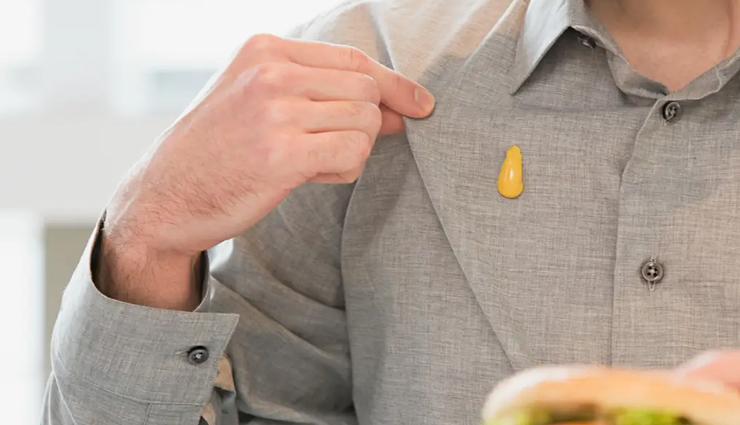
* “Come in for tea and help me write a letter!”
While in Morocco, someone tried this travel scam on me. I was walking out of a convenience store when a guy struck up a conversation. Finding I was from NYC, he said he had a cousin who lived there (the first giveaway) and wanted to know if I could come to his shop to write a postcard for him (the second giveaway). The goal here was to get me in the shop, maybe give me some tea, and then pressure me into buying something. This uses the psychological principle of reciprocity: he gave me tea, he was nice to me, so soon I’ll feel socially obliged to buy something.
To avoid this, don’t follow people to a second location or believe they suddenly have a cousin who happens to live exactly where you do!
* Free bracelets/rosemary/anything they can put on you
In this scam, common in Europe, a friendly person will approach you for a quick chat, then place a bracelet around your wrist or hat on your head, or give you a little sprig of rosemary. Once you have it on your person, they will demand money. When you refuse, they will begin to cause a scene in the hopes you would rather give them some money than be embarrassed.
Don’t allow anyone to put anything on your body, and be extremely wary of accepting anything for free. If they put something on you, simply take it off, give it back to them, and be firm about it. Then walk away and move on with your day. They won’t chase you.
* The spill on your clothes
There you are, minding your own business, and someone spills something on you. Ruins your day, but accidents happen, right? They are profusely sorry and offer to clean it up, dabbing the stain, and apologizing. While you are all flustered, they are picking your pocket. By the time you realize what has happened, they are long gone.
This scam is also common in Europe. Beware of people encroaching on your person if it’s not a crowded area already. If this happens, push people away and clean it up yourself.

* Motorbike scam
You rent a bike, and then when you bring it back, the owner demands an additional payment or expensive repairs because there is some damage you didn’t know about. I see this scam a lot in Southeast Asia and other developing regions of the world.
To avoid this, take photos of the bike first to document any previous damage. Go around it with the owner so they know what you are taking pictures of. Use your own lock, and keep the bike out of sight and off a main street when you park it. Sometimes an owner will send someone to mess with the bike or steal it so you have to pay! Also, always make sure you buy travel insurance so you can make a claim if there is an issue.
* The flirtatious woman
You arrive in a new country and head to a bar, where a beautiful local comes up to you for a chat. You can’t believe your luck. You have some drinks and amazing conversation and go to a new bar or club that she suggested. However, after a wild night and lots of drinks, the woman disappears and you’re forced to pay an overpriced bill with some really big guys bearing down on you to make sure you do. Or, worse, you get drugged and wake up completely robbed of everything on you.
The simple solution to this is to be wary of attractive women who promise to take you to the world’s best club, get you drinks, or are overly flirtatious, especially when you stand out like a sore thumb as a foreigner. Getting on a plane didn’t increase your attractiveness by a factor of 10.
Note: Why didn’t I mention a similar scam for women? Because let’s be real, we men are dumb and usually thinking with our little brain. Women are too smart to fall for this.
* Your attraction is closed for lunch
As mentioned, this is what happened to me and I fell for it hook, line, and sinker! A friendly local approaches and informs you that the attraction you want to visit is closed for any number of reasons (religious ceremony, holiday, etc.). Then they’ll guide you to a different attraction or shop, where you’re pressured to purchase something or pay a lot for entry.
To avoid this, find the main entrance or ticket counter and see for yourself. Also, keep in mind that most attractions don’t close for lunch — they close for the day. Even better, look up the open hours before you go, so you know what to expect — opening and closing times are almost always available online. Don’t be like me!
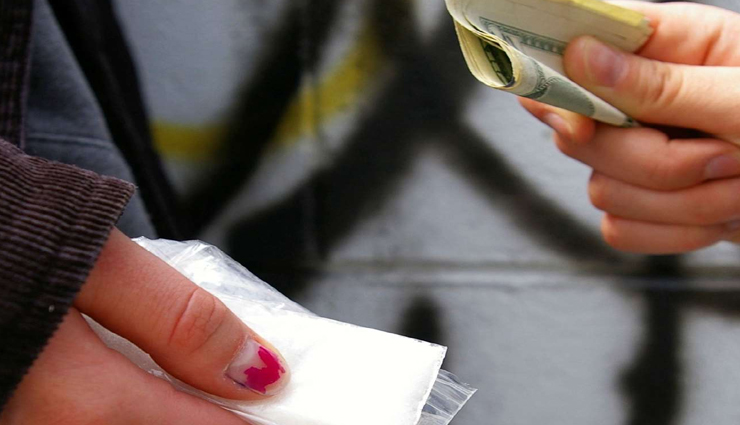
* The “found” ring
An innocent-looking person picks up a ring on the ground and asks if you dropped it. When you say no, the person looks at the ring closely, then shows you a mark “proving” that it’s pure gold. He or she offers to sell it to you for a better price. They make some money, and you get some gold you can resell. It’s win-win! You think it’s a good deal, buy it find out it’s fake when you try to sell it at home!
This is common in Europe. One of my tour members almost fell for it when we were in Paris, but I intervened in time and sent the person away. The best way to avoid this scam is to not buy the ring. If it sounds too good to be true, it definitely is.
* The fake petition
You’re at a popular sight and a woman or kid (often pretending to be deaf or a student) will try to get you to sign a petition. You don’t know what they are saying, and to end the awkwardness, you sign the petition, hoping they will go away. But the petitioner then demands a cash donation. At best, anyone who falls for this scam is out some money; at worst, they’re pickpocketed while fighting with the petitioner.
Another one of my tour members fell for this scam (even after I warned him specifically about it), but I saved him in time. To avoid this scam, just ignore people coming up to you to sign a petition, especially when they are in groups and try to surround you. Just keep on walking.
* The drug deal gone bad
This scam is common in many developing countries. You’re in a popular tourist area (usually a party place) and someone offers you drugs. You say yes, and before you know it, a (real) cop is on the scene! They offer to arrest you or you can pay the fine right there (i.e., a bribe). Caught red-handed, you’ll probably pay the bribe rather than go to jail.
Simply put: Don’t buy drugs in other countries!
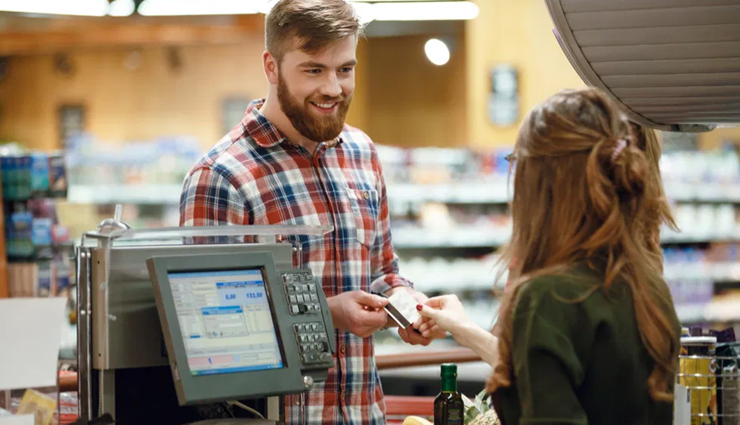
* The wrong change
This happens a lot in countries where the bills look similar to each other. People tend to look at colors first, so when you get a pile of change that is the same color, you think you got the right change — but they really gave you the wrong bills, hoping you won’t notice until after you rush out.
To avoid getting taken, count your change carefully every time.
* The switcheroo
This happens all over the world and mostly with shirts, carpets, rugs, and antiques. You’re at a store and you see a designer item at a bargain price. Maybe they got it wholesale? After some haggling, the owner agrees to sell it to you. But while you aren’t paying attention, he gives you a knockoff.
To avoid this scam, remember that no designer anything is going to be that cheap. Remember, if it seems too good to be true, it’s not true. Second, be sure to always watch what the seller is actually giving you to be sure it’s the exact item you wanted.





